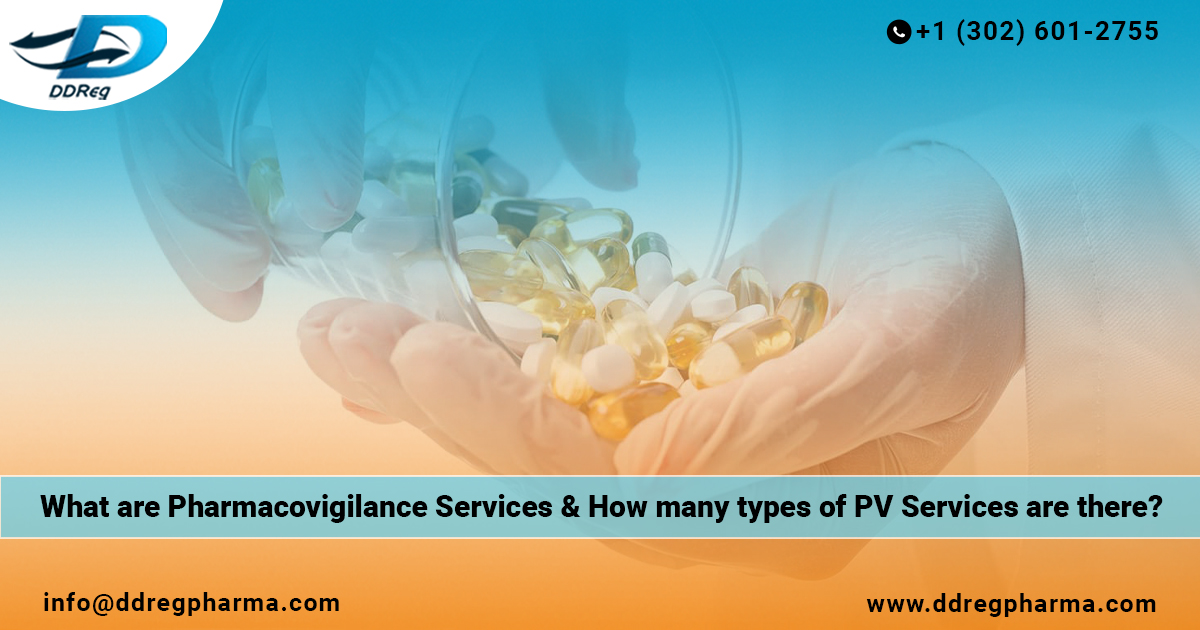
Introduction
In the ever-evolving landscape of healthcare and medicine, the importance of pharmacovigilance and regulatory services cannot be overstated. In the United Kingdom, these sectors serve as the cornerstone of drug safety and efficacy, ensuring that medicinal products are effective and safe for public consumption. This blog delves into the vital role these services play within the UK, exploring their impact on public health, the pharmaceutical industry, and the regulatory framework governing them. We’ll examine the intricate processes involved, the challenges faced, and the prospects of pharmacovigilance and regulatory services in ensuring the safety and well-being of patients across the nation.
The Pillars of Pharmacovigilance in the UK
Understanding Pharmacovigilance
Pharmacovigilance (PV) is the science and activities related to the detection, assessment, understanding, and prevention of adverse effects or any other drug-related problems. In the UK, the Medicines and Healthcare Products Regulatory Agency (MHRA) leads the charge in this critical field, employing a robust system to monitor the safety of medicines throughout their lifecycle.
The Role of MHRA
The MHRA’s role encompasses the evaluation of safety signals, the management of risk minimization measures, and the dissemination of drug safety information to healthcare professionals and the public. Through the Yellow Card Scheme, a system for collecting and monitoring information on suspected adverse drug reactions, the MHRA ensures that the benefits of medications outweigh their risks.
Regulatory Framework and Compliance in the UK
Navigating the Regulatory Landscape
The UK’s regulatory framework for pharmaceuticals is comprehensive, designed to ensure that all medicinal products meet the highest standards of safety, quality, and efficacy. Post-Brexit, the UK has been adapting its regulatory processes, aiming to align with both domestic and international standards while ensuring a smooth transition for the pharmaceutical sector.
Compliance and Enforcement
Regulatory compliance is mandatory for pharmaceutical companies operating in the UK. This includes adherence to Good Manufacturing Practices (GMP), Good Clinical Practices (GCP), and Good Pharmacovigilance Practices (GVP). The MHRA enforces these standards rigorously, conducting inspections and audits to ensure compliance. Non-compliance can result in legal actions, product recalls, or revocation of marketing authorizations.
Challenges and Future Directions
Overcoming Challenges
The pharmacovigilance and regulatory sectors face numerous challenges, including the integration of new technologies, the handling of increasing data volumes and maintaining compliance with evolving regulations. Additionally, the post-Brexit transition poses its own set of challenges, necessitating adaptations in regulatory strategies and international collaborations.
Future Prospects
The future of pharmacovigilance and regulatory services in the UK is promising, with advancements in technology and data analytics offering new opportunities for enhancing drug safety monitoring. The adoption of artificial intelligence and machine learning can streamline the detection of adverse drug reactions, improving the efficiency and accuracy of pharmacovigilance services UK. Furthermore, the UK’s regulatory bodies are exploring ways to foster innovation while maintaining stringent safety standards, ensuring that the UK remains at the forefront of pharmaceutical development and patient safety.
Conclusion
The role of pharmacovigilance and regulatory services in the UK is indispensable to the healthcare system, ensuring the safety and efficacy of medicinal products. As the sector navigates through challenges and embraces new technologies, it continues to evolve, strengthening the safeguarding of public health. The dedication of regulatory bodies like the MHRA, coupled with the adherence to rigorous standards by pharmaceutical companies, ensures that the UK remains a global leader in drug safety and regulation. Looking ahead, the future of pharmacovigilance and regulatory services in the UK is bright, promising enhanced protection and well-being for patients nationwide.




